What Is and What Could Be
BY JOE KENSOK | March 16, 2017
A few weeks ago, I went to listen to Fr. Bryan Massingale. He is a professor at Fordham University and he delivered the closing keynote address for Marquette University’s Mission Week, an annual week-long series of presentations and reflections on a topic relevant to Marquette’s mission as a Jesuit university. With two other members of my community I sat and listened.
Toward the end of the address, he referenced the following passage from the gospel of Luke:
“There was a rich man who was dressed in purple and fine linen and lived in luxury every day. At his gate was laid a beggar named Lazarus, covered with sores and longing to eat what fell from the rich man’s table. Even the dogs came and licked his sores.
“The time came when the beggar died and the angels carried him to Abraham’s side. The rich man also died and was buried. In Hades, where he was in torment, he looked up and saw Abraham far away, with Lazarus by his side. So he called to him, ‘Father Abraham, have pity on me and send Lazarus to dip the tip of his finger in water and cool my tongue, because I am in agony in this fire.’
“But Abraham replied, ‘Son, remember that in your lifetime you received your good things, while Lazarus received bad things, but now he is comforted here and you are in agony. And besides all this, between us and you a great chasm has been set in place, so that those who want to go from here to you cannot, nor can anyone cross over from there to us.’
“He answered, ‘Then I beg you, father, send Lazarus to my family, for I have five brothers. Let him warn them, so that they will not also come to this place of torment.’
“Abraham replied, ‘They have Moses and the Prophets; let them listen to them.’
“‘No, father Abraham,’ he said, ‘but if someone from the dead goes to them, they will repent.’
“He said to him, ‘If they do not listen to Moses and the Prophets, they will not be convinced even if someone rises from the dead.’”
(Luke 16:19-31)
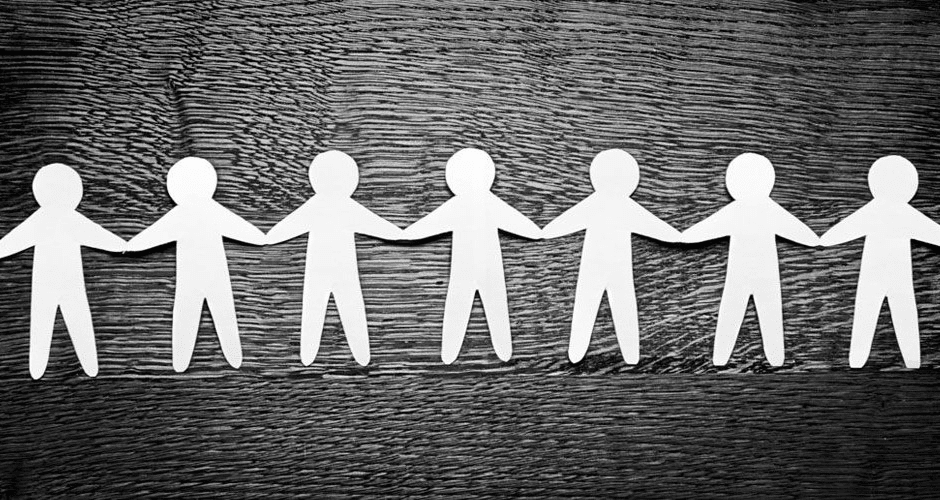
Fr. Massingale was challenging us to think about the passage within the context of working for racial justice. I haven’t been able to stop thinking about it since. For starters, let’s substitute a few words in the first three verses. If we substitute those words to fit the context of the contemporary 21st century, the rest of passage quickly becomes incredibly uncomfortable.
Here is an example to help illustrate this idea:
“There was a rich man who was dressed finely, drove a sports car and lived in a trendy neighborhood
“A few miles away, there was a poor boy named Lazarus, covered in bruises and bed bug bites, and longing to eat more than free breakfast in order to feel nourished like the rich man did. Even rats crawled around his apartment.
Throughout the gospels, Jesus consistently challenges us to dismantle the top-down power structure that causes the divide between the rich and poor. He also tells us that the responsibility of doing so falls to the rich, sharing the call to give all that we have away and search for happiness in people rather than material possessions. He envisioned a world where tax collectors, prostitutes, Roman soldiers, the Sanhedrin, and everyone else lived in solidarity with one another. No poor, no rich, no woman or man, no black or white, only kinship.
Two thousand years later, the world still faces many of the same problems. We have come a long way toward bridging the gap between race, economic status, and gender. Nevertheless, there is still much work to do in the pursuit of eradicating these hurtful social structures. According to Feeding America, 13.1 million children in the United States lived in food-insecure households in 2015. 19.7% of children lived in poverty that year. Meanwhile, the top 1% of annual salaries accounted for 21.2% of the country’s total income (Inequality.org).
These statistics are sad and frustrating. If we look at the human lives behind them, we can find the rich man and we can find Lazarus. Fr. Massingale closed his address with this:
“What is now does not have to be. Therein lies the hope. And the challenge.”
We can look out at our world as it currently exists and point out all of its flaws, but then transition to envisioning a more just and hopeful world without them. I suppose that the challenge is transforming the world from what is to what could be. The rich man in the passage found this challenge to be too daunting, but it is precisely what we are called to do:
To open our gates and invite the Lazaruses in our midst to be with us. Doing so requires sacrificing luxuries and comforts, but the tradeoff is genuine human connection and kinship. A joy more true than any physical possession could provide.
[socialpug_tweet tweet=”The challenge is transforming the world from what is to what could be. #JVReflects”]
Jesuit Volunteers are called to live simply, which is to prioritize people over material things. There are barriers separating us from those we serve, so we strive to live in a way that allows us to overcome them and serve others from a place of solidarity and kinship. Through embracing a modest lifestyle and engaging in opportunities for social analysis and theological reflection such as Marquette’s Mission Week, we, as brothers of the rich man, can heed the words of the prophets and live in a way that is just, challenging, and hopeful.
Joe Kensok is a Jesuit Volunteer in Milwaukee, WI working at Notre Dame Middle School. He majored in Liberal Arts at St. John’s College and is a native of Napa, CA.

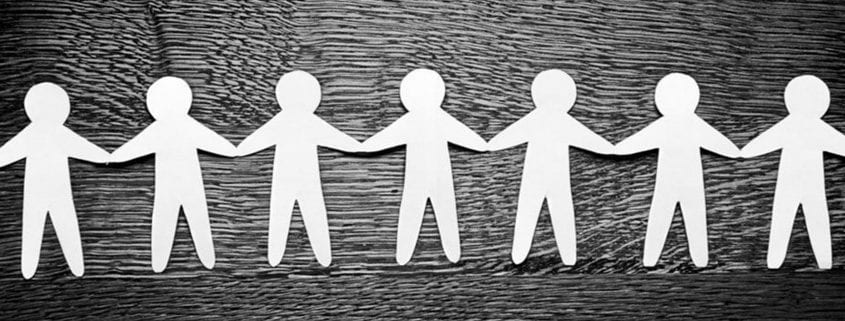
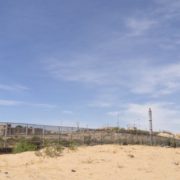
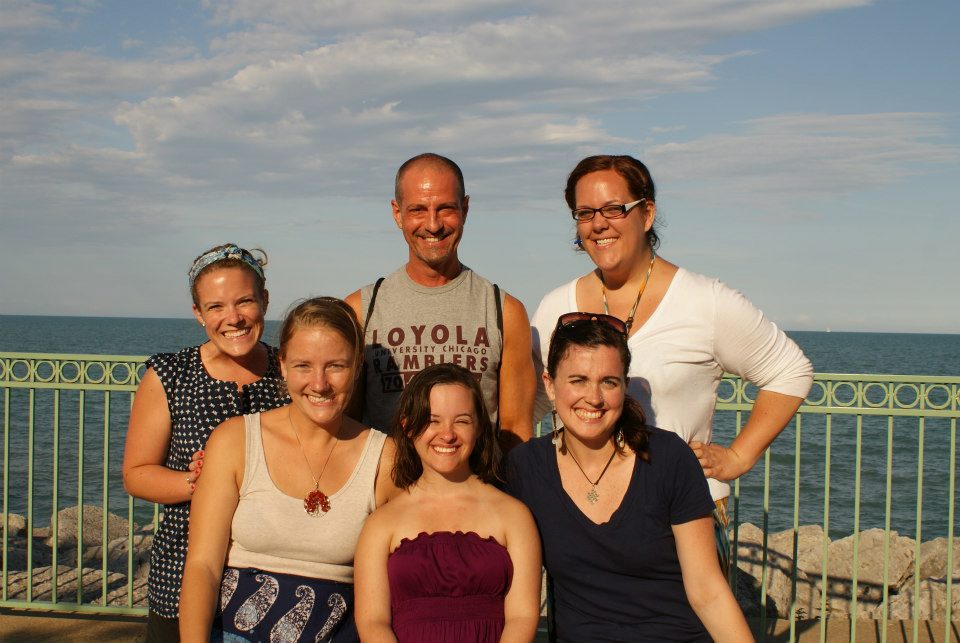
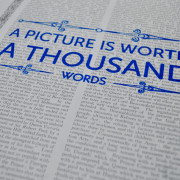

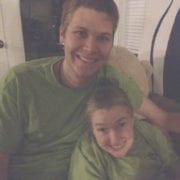
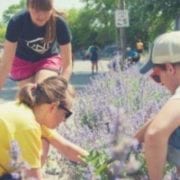

Leave a Reply
Want to join the discussion?Feel free to contribute!